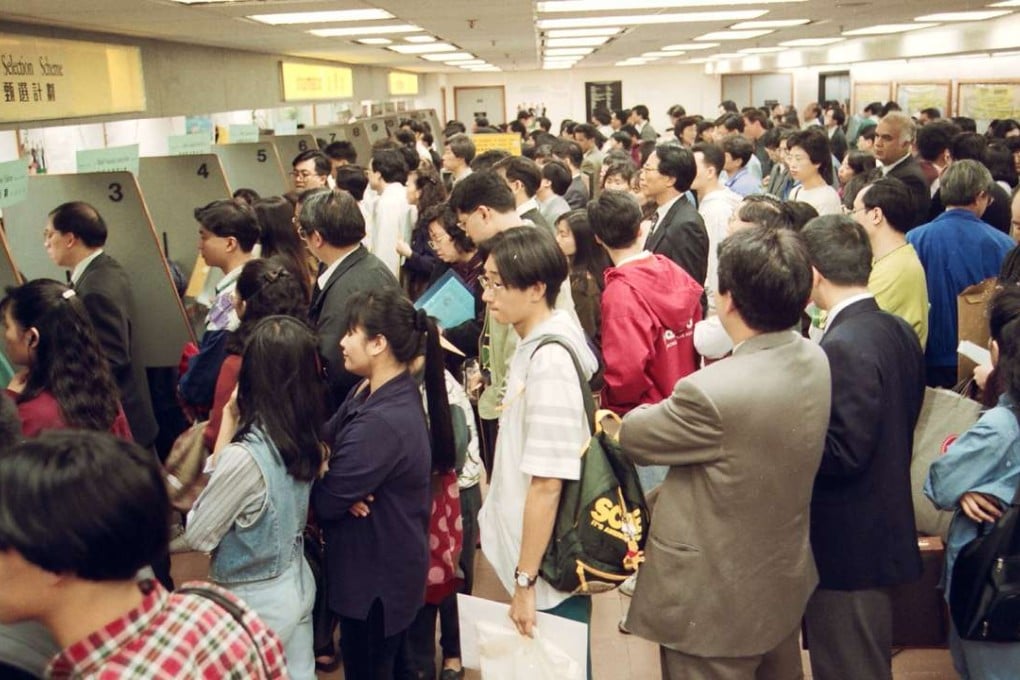Hong Kong Chinese with two passports want best of both worlds
People who acquire a second nationality without renouncing their Chinese citizenship should know they can’t have both easy access to China and consular protection when there

Let’s be clear; there is no such thing as a Hong Kong citizen. Widely used for decades by those who should have known better, this term causes great – and increasingly dangerous – confusion. The 1984 Sino-British Joint Declaration specifically referred to people living in Hong Kong as “inhabitants” or “residents” – not citizens. The people, along with the territory, were to be transferred to China in 1997. And so it came to pass.
Hong Kong passports, whether Special Administrative Region or British National (Overseas), are travel documents; the SAR passport is available only to citizens of the People’s Republic of China. BN (O) does not confer consular protection in Hong Kong or China, though – interestingly – these passport holders are routinely assisted in Taiwan.
Neither document confers “Hong Kong citizenship” as Hong Kong is not a sovereign state. Feeling oneself to be a citizen (of an imagined nation) is not the same as being one.

Extraterritorial rights in China for British subjects – in force until 1943 – meant that the Western power’s treaty rights could shelter them if necessary; in effect, they could be Chinese when it suited them and British when it didn’t. And in this respect, little has changed. The main difference today is that power has shifted; China’s unquestioned economic (and in consequence, political) clout ensures that diplomatic protests over Chinese nationals holding foreign passports who are detained in China seldom get far.
Post-Joint Declaration, legions of Hongkongers acquired overseas residency rights, mostly in Canada, Australia, New Zealand and the United States. High-priced citizenship was obtained, generally via investment visas, by “emigrants” who returned permanently to Hong Kong afterwards, yet wanted the convenience – and presumed safeguards – of a Western passport. About half the current Hong Kong Chinese population either have overseas passports themselves, or parents, spouses, children or siblings who do.